
Lead Teams, Lead Organisations - Your Guide To Become A Successful Project Manager!
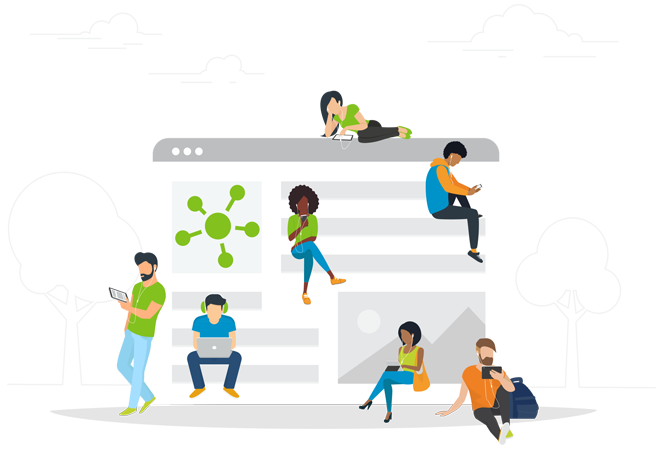
The goal of all business is growth. To achieve growth and improve business success, the company has to run smoothly, generate profits, operate in a streamlined way, and deliver successful projects - be it a new software build, or a new product launch. To make this process more streamlined and successful, companies need Project Managers.
Whether you are looking to land a new career as a Project Manager, or boost your managerial skills for workplace success, Alison’s Project Management Hub can help you attain your goal. Get guided through the 5 Crucial Phases of Project Management and gain knowledge about the methodology, software, tools, and the skills to become a successful Project Manager.
The role of the Project Manager is to ensure that the project runs smoothly and is delivered successfully and on-time. The Project Manager accomplishes the tasks within a project by bridging the gap between the teams, optimising the process, and helping teams prioritise tasks.
They engage with the teams on a regular basis and ensure there is no chaos in the process. They bring the teams together as one, and have 'successful project delivery' as the core objective in mind.
A project is generally a specific set of tasks that are designed to accomplish a particular goal. To achieve the goal, different teams who may not work together on a regular basis, join together to deliver the project.
Project Management is the art and science of bringing these teams together, managing the end-to-end process, and successfully delivering the project. Starting from the major industries like IT and Healthcare, to established startups and small scale companies, Project Management acts as a backbone for the operational success of the business.
Gain unique expertise as a Project Manager by specialising in the 5 phases of the Project Management lifecycle, starting from project initiation, to the closure phase.
OR
Choose an individual phase that you may like to specialise in and that will help you boost a specific skill and make you a niche expert.
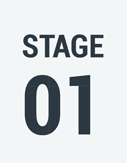
At this stage, the project's feasibility is measured. By evaluating the project goals, timeline, and costs, this stage determines if the project can be executed.
In this stage you will learn about the following concepts:
Basics of project management, project objective, feasibility study, technical feasibility, financial feasibility, risk & uncertainty, decision making, project lifecycle, what project managers do, project development process, methodology, tools, documentation
Project Feasibility and Lifecycle Study Fundamentals of Project Management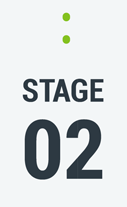

Once the project gets approved, the next stage is to plan the project, which typically involves developing project scope, staffing, management, quality, risk, and communication plan.
In this stage you will learn about the following concepts:
Project selection, scope, alignment process, communications planning, types of schedules, time management, project scheduling software, cost estimation, budgeting
Managing the project, start-up, scheduling, budgeting Introduction to Modern Project Management and Theory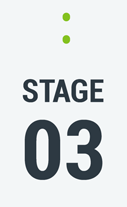
During this phase, the Project Manager allocates resources to the teams and ensures the team stays focused on their assigned tasks.
In this stage you will learn about the following concepts:
Agile project management, methodology, tools, documentation, analysis, design, implementation, understanding values and expectations, dealing with problems, working with individuals, working with teams, types of teams, project culture, types of communication, communication software
Diploma in Project Management Modern Project Management - Working with clients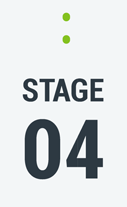
This stage is combined with the execution stage. As teams focus on delivering tasks, the Project Manager constantly monitors the progress of the project and ensures everything is going in the right direction.
In this stage you will learn about the following concepts:
Project monitoring, evaluation concepts and systems, developing and selecting performance indicators, data collection, risk evaluation
Diploma in Modern Project Management and Theory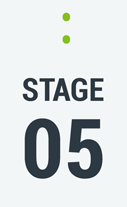
As teams deliver the completed project, the Project Manager takes responsibility by communicating the successful completion to the relevant parties, and evaluating and documenting the end-to-end process for future reference.
In this stage you will learn about the following concepts:
Project quality, planning and controlling quality, risk management, procurement
Quality, Risk, Procurement, Project ClosureIn-demand soft skills that will help you stand out from the competition
Project Management is more than leading tasks, it’s about leading people.
Become an effective leaderEffective management skills include, understanding people, priorities, and process, and keeping your project on the right track.
Enhance my managerial skillsIt’s all about people skills and like they say, teamwork makes the dream work.
Learn how to build winning teamsYou, the Project Manager, are the bridge between different teams within the organisation, and between the company and external parties like clients.
Learn to communicate with confidenceThe ability to delegate the right task at the right time, is a skill every leader should have.
Lead. Motivate. Win.